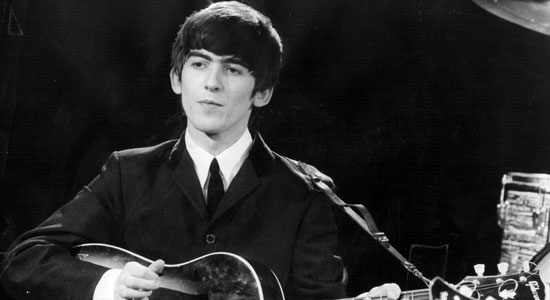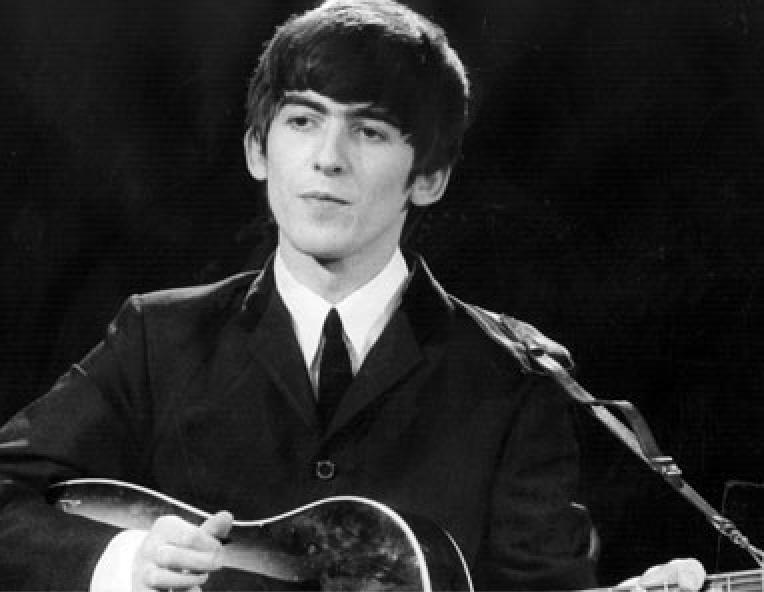Power-pop progenitors? O.G. DIYers? The last college-rock survivors? No label adequately captures the four-decade journey of Zion, Ill.’s Shoes, who have released their first new studio material in 17 years. Perhaps the most astonishing thing about Shoes is that this ethic and attitude prevails despite a collection of music-biz bumps and bruises that could rival Charlie Brown in terms of sheer career futility. In some ways, they’re the Forrest Gumps of rock. Shoes essentially presaged punk’s DIY movement by recording its first, early-’70s albums in the living room before garnering enough critical acclaim to merit a major-label contract. Shoes will be guest editing magnentmagazine.com all week. Read our new feature on the band.

Jeff Murphy: OK, OK, I know it goes without saying that the Beatles were a huge influence on our band. Who wasn’t influenced by them? Directly or indirectly. In the 1960s, their impact on music, culture and society as a whole was omnipresent and massive. But the impact of George Harrison, “the quiet Beatle,” on me and countless other guitar players was also infinitely profound, in ways that still shape my musical taste today. Taste, is exactly what George Harrison had; great taste in the parts he wrote, the riffs he played and the songs he composed. George’s songs, while not as plentiful or consistent as the Lennon/McCartney juggernaut, were always personal favorites of mine. From the first Beatles album I ever heard, Meet The Beatles, his “Don’t Bother Me” (reputed to be the first song he ever wrote) was one of the most compelling reasons to invest in that entire album, as opposed to just cherry-picking the single releases.
Almost every album featured at least one Harrison tune, and more times than not, it became one of my favorite songs from the album. “I Need You” from the Help! album, “Think For Yourself” from Rubber Soul, “Taxman” from Revolver, “Long, Long, Long” and “While My Guitar Gently Weeps” from The White Album and, of course, “Here Comes The Sun” and “Something” from Abbey Road remain some of the songs that help give the Beatles their depth and variety. Even his b-sides like “Old Brown Shoe” and “Only A Northern Song” struck a chord with me. So it was gratifying, yet not so surprising, that he would deliver his epic masterwork, All Things Must Pass, shortly after the Beatles split. We knew he was great, but just how great was the surprising part.
When George wasn’t writing or playing on his own songs, his stellar solos and riffs on the other Beatles tracks were never showboat-y or flashy, but forever memorable and melodic. He fit into each song flawlessly and perfectly. It wasn’t how fast you played; it was what you played. Even guitar heroes who are known more for their agility and speed like Eric Clapton credited George’s playing as a major influence on their development as a player. What music fan doesn’t know the note-for-note melody to George’s solo in “Nowhere Man”?
But, an often-overlooked aspect of George’s contributions was how honest and poignant his lyrics were. The lyrics to many of his songs were often autobiographical and always heartfelt. The omitted verse from the Beatles version of “While My Guitar Gently Weeps” that appears on the Anthology recordings is so beautiful and profound that one questions the logic in why it wasn’t included in the original finished version. The sentiments expressed in the lyrics (thought to be an ode to his wife, Patti) of the song “Something” rank as some of the most sincere and loving words in a rock song. Even Frank Sinatra is rumored to have called it “the greatest love song of the last 50 years!” (Although it’s also rumored that he mistakenly referred to it as a Lennon/McCartney song).
George’s finesse and understated restraint as a player was a major influence on how I judge a guitar solo to this day. Say what you want to say, then get out of the way of the song. Less is more. Make every note count and, above all, make it memorable. Thank you, George.







